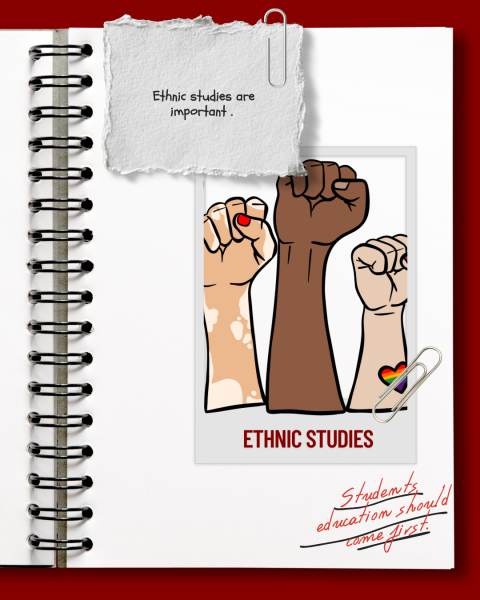Am I valid?
Sahira Carino (created with Canva)
When children feel invalidated in their feelings they tend to show two different sides. One represents how they appear to the world and the other shows what they truly feel.
Being a first-generation means being the first in your family to achieve something significant. Being the first to attend college. Being the first to be born in America. It gives you a sense of satisfaction and success, but it also puts you under a lot of stress. The pressure of knowing you have everything while also knowing that your parents did everything with nothing.
Personally, I find it difficult to validate my own struggles and emotions coming from parents who didn’t even have the simplest necessities but managed to construct a secure lifestyle for themselves and their family. My parents’ motivation in life was to get enough money to help their family before themselves, and I feel they taught me to appreciate and understand the value of going to school to gain an education so that I could help my family and myself.
Senior Anahi Ruelas-Garcia shares that she often finds herself comparing her challenges to her mother.
“I do feel that I compare myself to my mom just because at my age they have accomplished so much and I feel as though I’ve been privileged enough to just have to worry about my education and myself when my mother had to manage attending school in another village, selling bread to make money, and taking care of her siblings and other children in the area,” said Ruelas.
I’m sure we’ve all compared ourselves to an adult in our life whether it be a parent or guardian. Students, Elizabeth D Krause, Tamar Mendelson, and Thomas R Lynch conducted a study that if a parent or oneself invalidates the person’s emotions it frequently leads to one lowering their self worth and can cause a negative attitude on life.
Mother, Maria B. was asked to share a little about her struggles in the past.
“When I was younger I had to take care of my older siblings and my mother. I cooked, cleaned, and worked since I was a child. When I came to America I crossed with nothing, just the clothes on my back and I worked multiple jobs just to maintain myself. Then I built a family and had to work even harder to maintain them,” said Maria.
Maria discusses how she felt emotionally during her journey and how she was able to persist in the face of hardship.
“It was very difficult having no one by my side. There were many times when I was sad and upset with what I was going through. But back then and even now there was never really a time to just relax and try to understand what I was feeling or to even acknowledge it,” said Maria.
Many times we push our feelings and emotions aside. Whether it be because we chose to ignore them or in Maria’s case we don’t have time to deal with them.
Son of Maria, Andy B. shares how he feels knowing the difficult backstory of his mother.
“I think it’s hard sometimes to just be sad or show my emotions just because the little I do know about her life is already so traumatizing. I feel as though I don’t really have a reason or a right to be upset or to struggle.”
It’s difficult and natural to compare ourselves to a parent or any other adult in our lives, but we shouldn’t. We should not compare the hardships we endure in life, but rather support one another. We don’t need our emotions validated by anyone.

I love the color pink, I love to bake, and I have seven lovely pets. :) <3





































